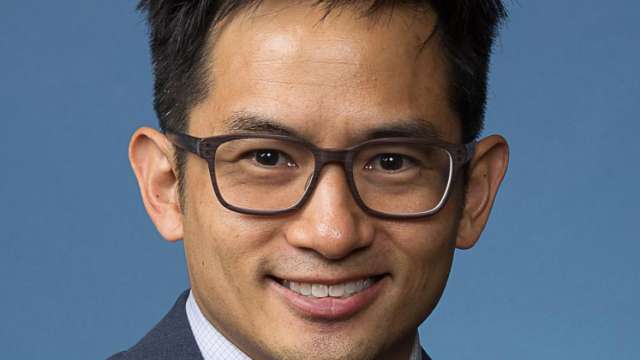Comprehensive Liver Research Center at UCLA

Pilot & feasibility awardees
The pilot and feasibility mechanism seeks to fund innovative projects that explore basic-translational mechanisms into the pathophysiology of the MASLD-MASH-cirrhosis-HCC spectrum.
ULTRA Lecture series
Join us for the UCLA Liver Translational Research (ULTRA) monthly seminar series where invited guest speakers, Comprehensive Liver Research Center (CLRC) faculty and UCLA trainees present their latest research findings and discuss evolving areas of interest and collaborations in liver-related research.


AASLD 2024 abstracts
Members of the Comprehensive Liver Research Center and David Geffen School of Medicine at UCLA present their latest research at AASLD The Liver Meeting on November 15-19 in San Diego, CA.
Latest news

Beyond the Scope highlights the Comprehensive Liver Research Center
The new UCLA Comprehensive Liver Research Center brings to bear the expertise from throughout the Division of Digestive Diseases and the UCLA campus in a coordinated effort to tackle one of the major public health issues we face in Southern California and as a nation: the growing prevalence of metabolic dysfunction-associated steatotic liver disease (MASLD).

Lauren V. Albrecht, PhD, named 2025 Sloan Foundation Research Fellow
The Alfred P. Sloan Foundation has named Dr. Albrecht a Sloan Research Fellow for her innovative work in cell and chemical biology. She is one of 126 early-career scientists to be recognized this year by the foundation as next-generation leaders.

Two center members named among the world's most influential researchers
The annual Highly Cited Researchers list compiled by Calivate identified Drs. Richard S. Finn and Aldons J. "Jake" Lusis scholars who have authored multiple studies that rank in the top 1% in the number of scholarly citations worldwide.

Over 4 million US adults with chronic liver disease can be grouped into unique risk groups based on barriers to care
Dr. Carrie R. Wong, the study's lead author on these findings published in the peer-reviewed PLOS ONE, point to the need for interventions aimed at reducing possibly avoidable hospitalizations among the highest-risk people with chronic liver disease.

Study finds targeting inflammation may not help reduce liver fibrosis in MAFLD
“Liver fibrosis is the critical feature that creates chronic liver disease and liver cancer. If we can keep fibrosis in check then we can meaningfully impact liver disease,” said Tamer Sallam, MD, PhD.

Alexander H. Nguyen, MD, PhD, receives NIH-NIDDK K08 grant
This five-year award of $853,000 supports Dr. Nguyen’s research on the “Role of a Novel Methyltransferase in Liver Lipid Metabolism.” His work aims to characterize how a methyltransferase regulates cellular cholesterol metabolism and contributes to the development of steatotic liver disease.
